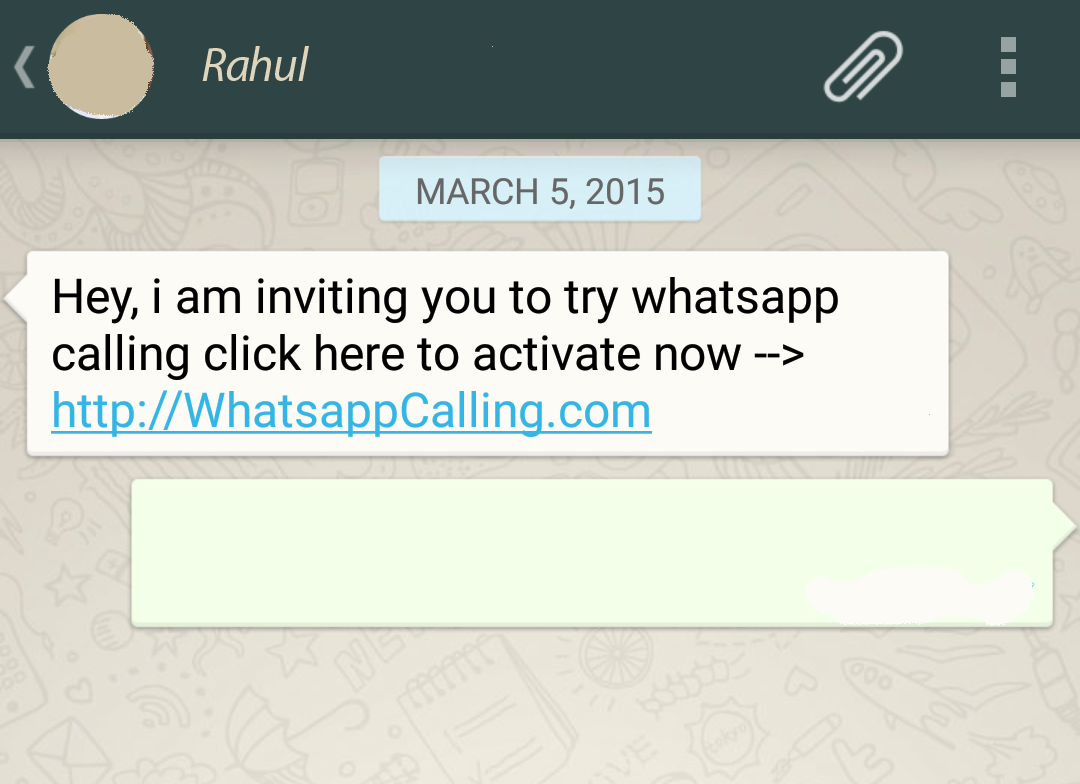
WhatsApp has also threatened to take legal action against individuals or parties trying to use the app for bulk-message advertising. “Creating a safe space for users to communicate with each other is a priority and we aim to reduce unwanted messages that might be sent on WhatsApp.” “We work diligently to reduce any spam messages that come through our system,” the company was quoted as saying.

Also, the app itself is free, so you never have to pay for it.Īccording to WhatsApp, the company is trying their best to reduce the amount of spam texts that are currently so prevalent on the platform Payment requests – Keep in mind that businesses don’t tend to request payment via WhatsApp.Forwarding requests – A text that asks you to forward the message to other individuals in your contact list might also be a scam.Personal information requests – If an unknown WhatsApp message asks for any personal information, especially name or email address, it might signify a scam.Even if you think you recognize a website link within a text, it should not be clicked. Urgent time limits – Any message that gives you a time limit is suspicious, a tactic scammers use to press you to act without thinking.Spelling errors – Any messages from official senders will never contain spelling errors or grammatical mistakes.According to WhatsApp’s help center FAQs, these could include: It’s important to be able to identify WhatsApp message scams so you can block them, and luckily there are a few telltale signs that you might be dealing with a scam message. A WhatsApp special offer – This markets shopping vouchers from unknown numbers that may include a link to a third-party website.A WhatsApp upgrade – A spam message that offers an upgrade to a more premium version of the app for a small fee.A WhatsApp expiration – This warning message purports to be from WhatsApp, claiming your app is expiring and you need to pay something to unlock it.The most common potential text scams WhatsApp users have reported receiving include: On other occasions, however, a spam text might be a scam, attempting to get personal information from the recipient. Most spam messaging is marketing based and trying to sell something to the recipient. Spam texts come in many forms, but the goal is usually the same.


Understanding spam text messages and their methods Though there’s nothing more annoying than unwanted spam, there are some easy steps you can take to block spam texts on WhatsApp. However, like any modern form of digital communication, using WhatsApp means there’s a chance you’ll come across plenty of spam. With more than two billion users across 180 countries, WhatsApp has proven itself a hugely popular platform all over the world.


 0 kommentar(er)
0 kommentar(er)
